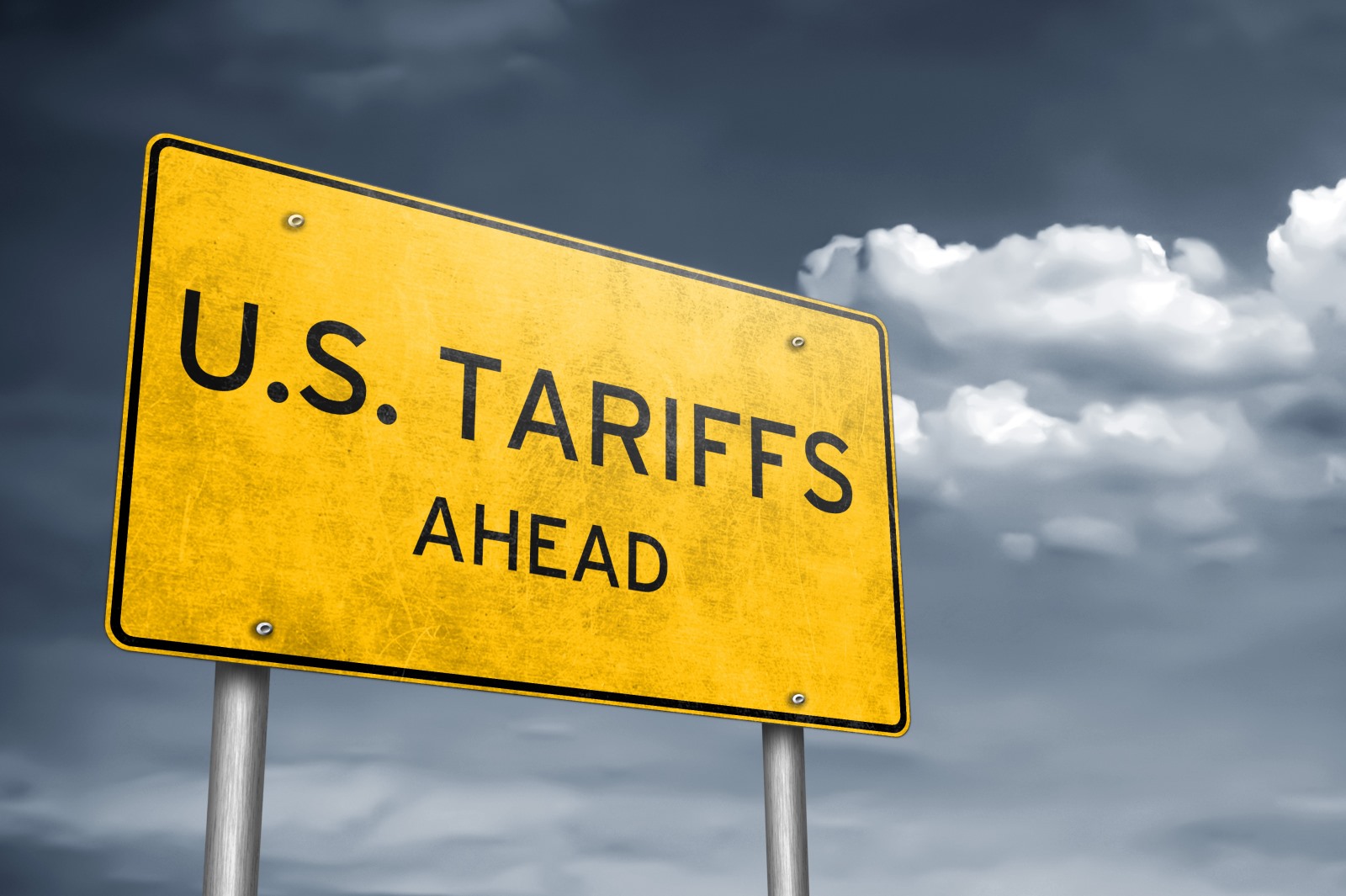New 25% Tariffs for Imported Aluminum and Steel
 On February 10, 2025, President Donald Trump signed proclamations implementing a 25% tariff on aluminum and steel imports and eliminating country-specific exemptions and quota deals that had previously allowed duty-free imports. The decision, made under Section 232 of the Trade Expansion Act of 1962, is intended to bolster domestic aluminum and steel production and reduce reliance on foreign imports.
On February 10, 2025, President Donald Trump signed proclamations implementing a 25% tariff on aluminum and steel imports and eliminating country-specific exemptions and quota deals that had previously allowed duty-free imports. The decision, made under Section 232 of the Trade Expansion Act of 1962, is intended to bolster domestic aluminum and steel production and reduce reliance on foreign imports.
The new measures apply a uniform 25% tariff on all aluminum imports, including primary aluminum, secondary aluminum, and articles (products) made from aluminum as well. They also aim to close loopholes that had permitted foreign producers—particularly from China—to circumvent U.S. trade restrictions in the past. The White House cited declining domestic aluminum capacity utilization, which fell from 61% in 2019 to 55% in 2023, as a key justification for the policy shift. They furthermore set a new standard that aluminum be "smelted and cast" within the region to curb U.S. imports of minimally processed Chinese and Russian metals that circumvent other tariffs. The administration argues that these actions will strengthen U.S. national security and manufacturing resilience.
Notably, Canada and Mexico, two of the largest suppliers of primary aluminum to the United States, are now subject to the tariffs after previously receiving exemptions. This move has already drawn criticism from Canadian officials, who argue that their aluminum exports support U.S. industries, including defense, shipbuilding, and automotive manufacturing.
Additionally, the administration had previously announced a separate 25% blanket tariff on imports from Canada and Mexico on February 3 but delayed its implementation by 30 days in exchange for commitments to help secure the border and prevent the flow of illegal migrants and fentanyl into the US. It is possible that President Trump allows the additional 25% tariffs on Canada and Mexico imports take effect in early March, raising the costs of imported aluminum and steel once again. If both sets of tariffs are enacted in parallel, U.S. consumers could face sharp cost increases due to the cumulative effect of these trade barriers.
As the aluminum foundry industry assesses the potential impacts of these tariffs, NFFS will continue monitoring developments and advocating for fair trade policies that support our nation’s domestic foundries.
